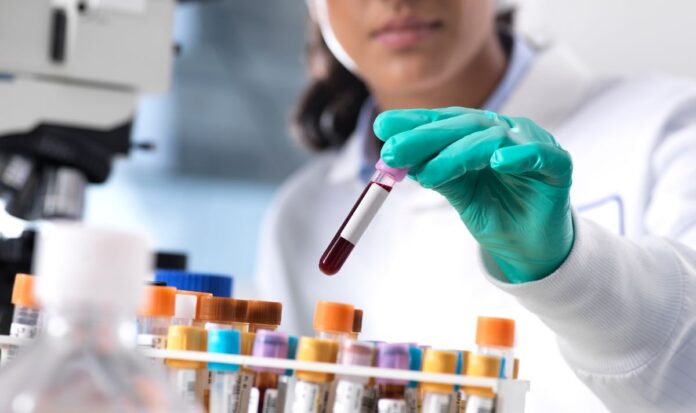Better treatments are needed for thousands of rare conditions (Image: Getty) Vital research into conditions such as MND and cystic fibrosis has been fuelled by investments of more than £1billion from charities and the Government over five years, the first report to map the complex scientific landscape reveals. There are more than 7,000 rare diseases – defined as those affecting fewer than one in 2,000 people – and around 3.5 million patients are affected in the UK. A major review by The National Institute for Health and Care Research (NIHR) presents a detailed picture of efforts by experts across the country to tackle such diseases, 95 per cent of which lack an effective treatment, between 2016-21. Some £627 million invested by the Government enabled more than 500,000 to join studies, with motor neurone disease (MND) and Huntington’s receiving the most cash. A further £580 was contributed by 107 charities, with MND and cystic fibrosis receiving the largest shares. READ MORE: Five simple tips to prevent the deadly disease one in three Britons at risk of between 2016-21 One in 17 people are affected by a rare disease during their life (Image: Getty) The report paid tribute to patients who have bravely stepped forward to join studies and increase understanding of their medical conditions. Its authors wrote: ‘This is the first time that a comprehensive picture of the rare disease research landscape across the UK has been collated. The volume and diversity of rare disease research and development taking place across the UK that it demonstrates is highly significant. ‘This ongoing dedication of the rare disease research community, from research funding to clinical delivery, will result in the continual improvement of the lives of those living with rare diseases.’ One in 17 people are affected by a rare disease at some point in their lives, and many are poorly understood. Professor Lucy Chappell, NIHR chief executive, said the findings would help highlight priorities for future work and gaps in provision. She added: ‘We know that it is essential to support research and innovation for patients affected by rare diseases and their families, so that we can offer more hope on improving care, diagnosis and treatment. ‘This report is the first time anyone has captured a detailed picture of the rare disease research being funded across the UK. Our findings are another step in understanding the strength and diversity in rare disease research.’ 3.5 million are affected by rare diseases in UK (Image: Getty) Drug trials have delivered groundbreaking treatments such as Kaftrio – a triple combination therapy found to benefit 90 per cent of cystic fibrosis sufferers. Clinical trials supported by the Manchester Clinical Research Facility showed the life-changing drug could improve patients’ lung function by at least a fifth on average. Other important work includes the development of new methods of blood matching for patients with thalassaemia or sickle cell disease, who can suffer dangerous reactions to transfusions. The report noted that a small number of more well-known conditions received a large share of the total pot. However, there were many rare diseases for which no research could be identified. Health minister Will Quince said research was crucial to improve diagnosis, treatment and care for people with rare conditions. He said: ‘This landmark report – which presents for the first time a clear overall picture of the rare disease research taking place across the UK – is the direct result of the government’s key investment in this area with the support of charities and stakeholders. ‘We continue to work with the rare diseases community and earlier this year set out our Rare Diseases Action Plan to make sure people can access specialised care, treatment and support – as well as take part in research should they want to.’ Funding was also provided by the pharmaceutical industry. Research into cystic fibrosis (11%), idiopathic pulmonary fibrosis (7%), uveitis (5%), retinitis pigmentosa (5%) and motor neuron disease (4%) received the most support from that sector. Janet Valentine, the Association of the British Pharmaceutical Industry’s director of innovation and research policy, said: ‘Research is a global endeavour and industry has more than 700 medicines in development internationally for rare diseases. ‘We want to make sure that UK patients can benefit from these advances. This report demonstrates the vibrant ecosystem for rare disease research that we have in the UK and underlines the importance of attracting industry to carry out clinical trials here.’
Rare disease research to find better treatments for millions fuelled by £1bn
Sourceexpress.co.uk
RELATED ARTICLES


